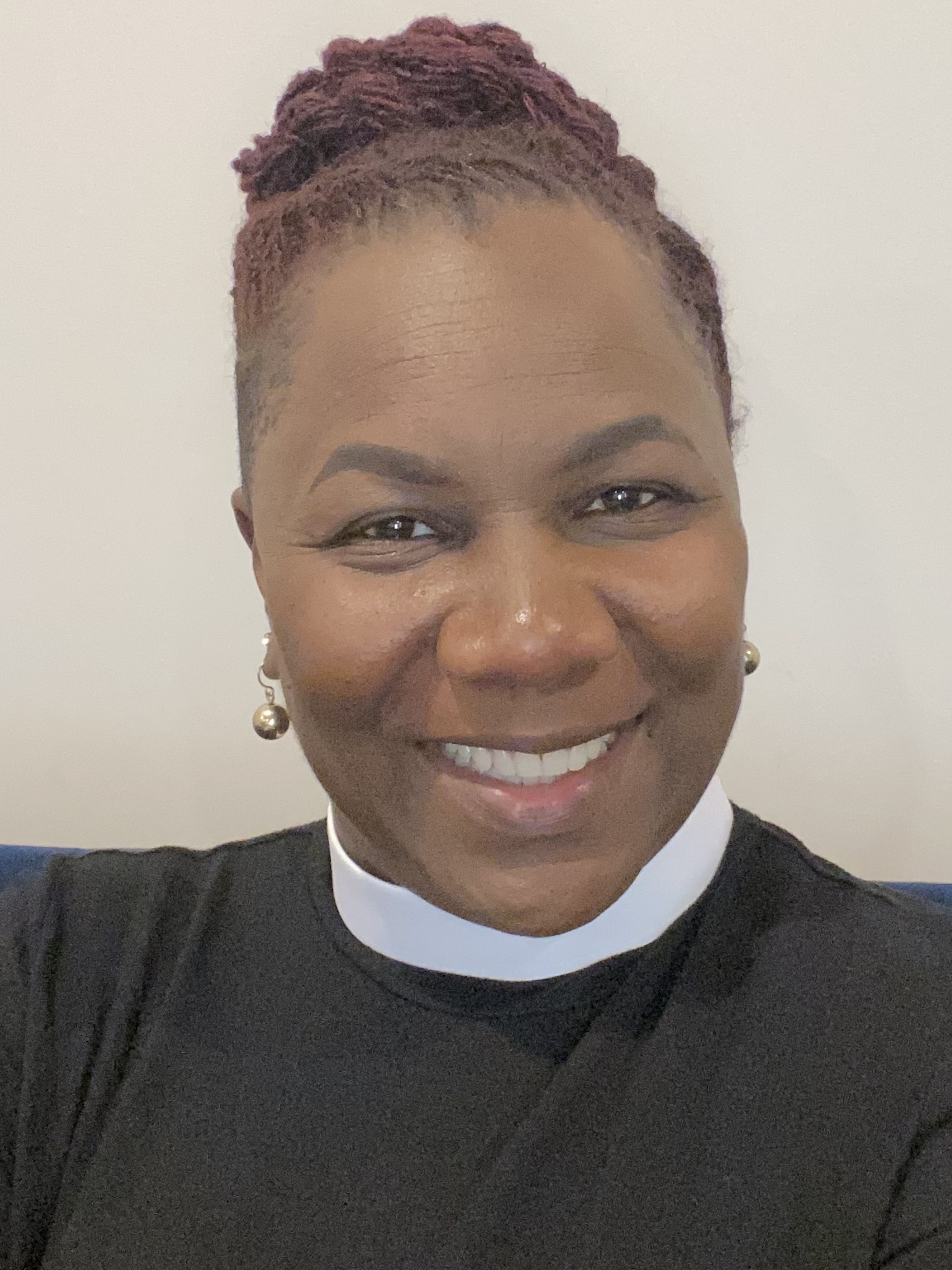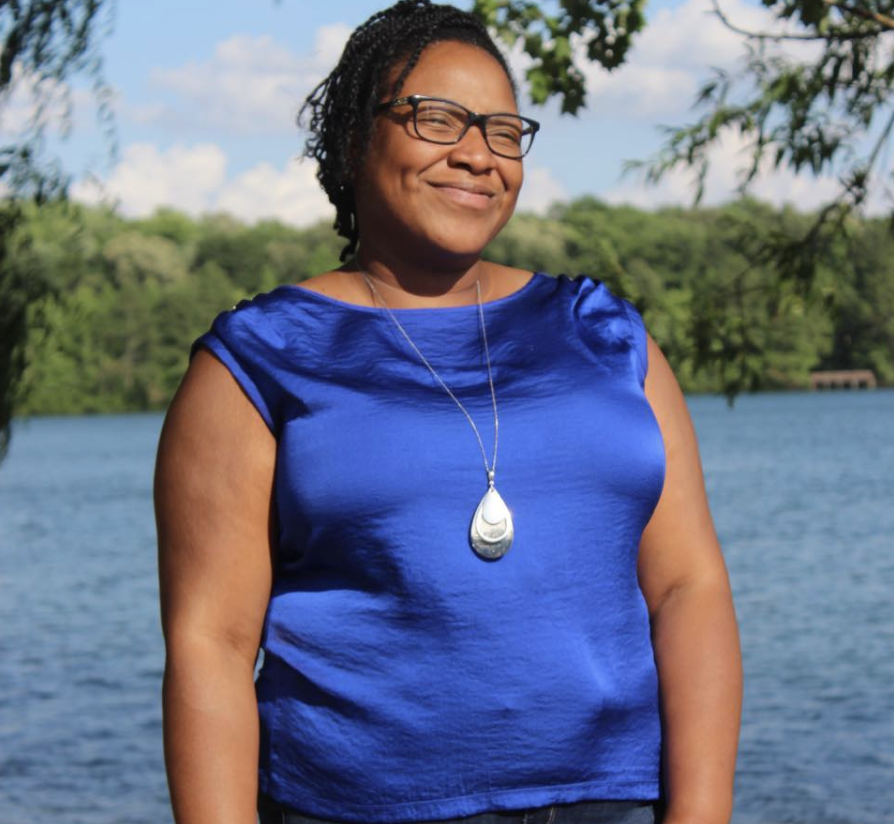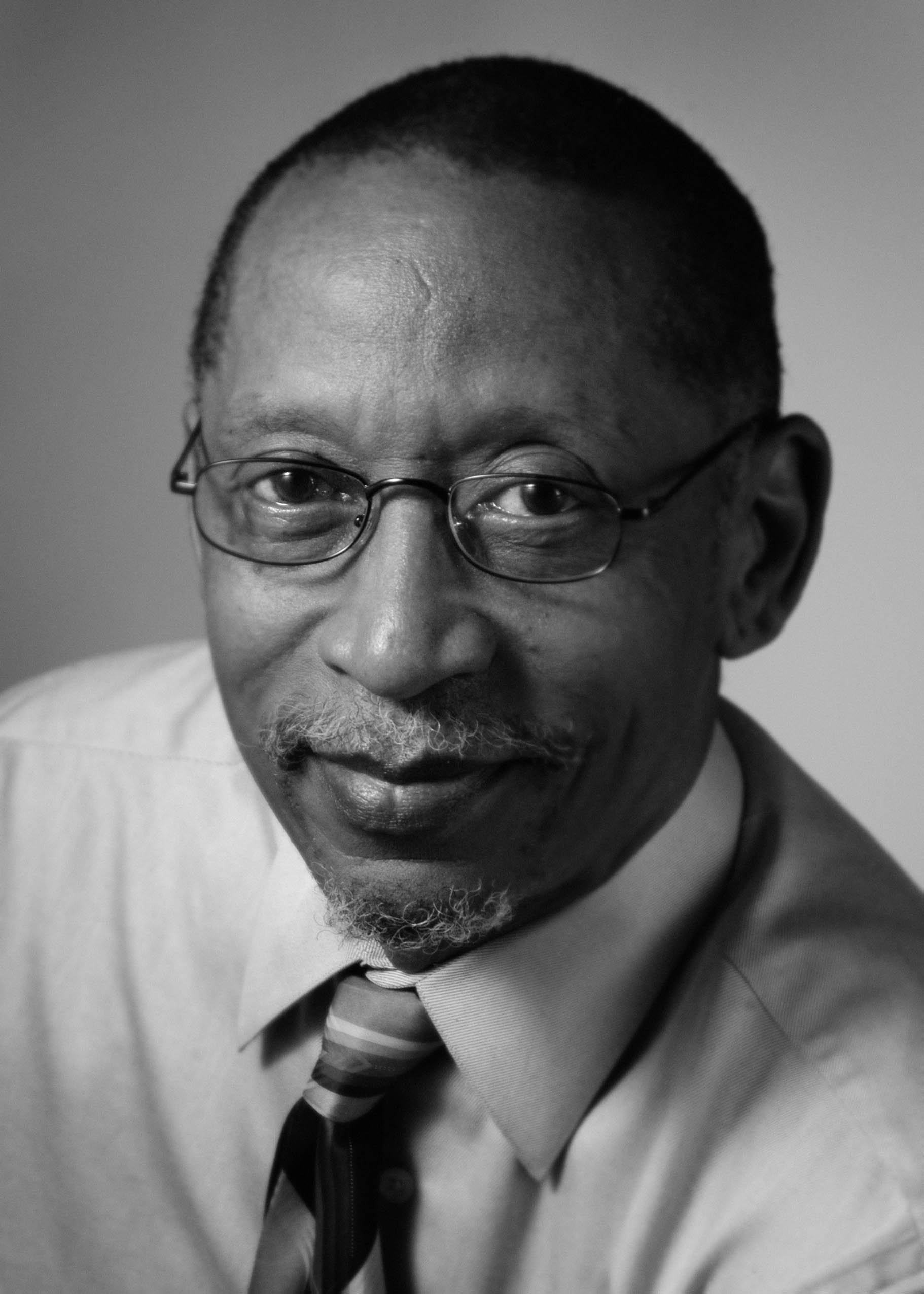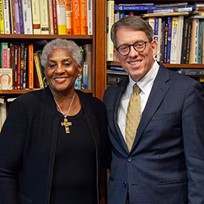Educating for Sustainability
By Presiding Elder Betty Holley, Ph.D., Contributing Writer
There is a severe need for educating for sustainability in the African American community, a huge social concern. Due to this situation, religious traditions are indeed indispensable. They must now enter into an important new phase of religious thinking to offer resources to aid in our struggle for meaning and sustainability in our ecosystem.
There are transreligious principles, common elements or principles that are now becoming widely acknowledged and publicly articulated as a basis for an emerging sense of our global citizenship as creatures in the created order. Across virtually all religious traditions there is a remarkable regularity in the form of several basic principles. They can serve as the basis for a newly emergent environmental ethic. With striking parallels, religions from around the world express the following:
-The notions of a signifying narrative or sacred text
-The notion of creation as a moral order
-The notions of reverence for the created order and respect for the moral order it
represents
-The concept of the human as a subordinate element in the created order
-The concept of transgression of “offense” against the natural order
-The concept of transgression or “sin” against fellow humans
-The notion of accountability for acts or non-action
-Concepts of multiple and inclusive “community”
-Concepts of equity
-Concepts of judgment and retribution
-Concepts of humility, sobriety, self-restraint, and self-sacrifice
-Concepts of forgiveness
-Concepts of confession, contrition, and atonement
-Concepts that emphasize the relative or conditional character of state authority
-Traditions of prophetic insight and on-going revelation
-Concepts of transcendence
Not all of these principles are present in equal measure in all religions, which is indeed not surprising. Each religious tradition represents an understanding in their particular historical circumstance and its expression is conditioned by its cultural setting and historicity. Nevertheless, taken as a whole, these principles serve broadly to cultivate a transreligious sensibility that seeks to specify an environmental ethic for sustainability. The most important point that is articulated is that in all traditions these elements point to an obligation to move beyond questions of personal meaning and private piety toward effective collective action. Properly employed, these transreligious principles can be mobilized in public debate to make powerful and persuasive ethical arguments to reverse the human degradation of the ecosystem.
The goal of sustainability poses stringent new criteria upon all public policy designs. It provides a powerful new means for ranking value and ordering ethical choices. Taking sustainability seriously in this manner would radically transform every aspect of public policy currently pursued in this country and throughout much of the industrial world. The goal of sustainability would mean that fiscal, spending, and regulatory policies of government would need to be redirected to encourage conservation, discourage wastage, increase efficiency, and improve equity in the distribution and use of both materials and energy. The precepts of public policy can be stated simply. They provide rough and ready rules of thumb for determining what constitutes “good” public policy on environmental matters and could serve as resources to religious leaders to help with environmental challenges. At all levels of citizen participation, eco-fundamentalists should act so as to assure that the powers of taxation, public spending, government regulation, and litigation are deployed to promote sustainability.
Stabilization of population and resource consumption that is within the sustainability of the earth’s ecosystems requires a transformational education experience. This experience is essential in creating the shift in thinking, values, and actions necessary for a healthy, just, and environmentally sustainable society. Institutions of higher learning, especially Historically Black Colleges, Universities, and Seminaries, have the power to lead in this endeavor.
The Rev. Betty Whitted Holley, Ph.D., serves as presiding elder of the Columbus-Springfield-Xenia District of the Ohio Conference in the 3rd Episcopal District. Dr. Holley is a member of the core faculty at Payne Theological Seminary, teaching theological research and writing, ecological theology, eco-justice and the Christian faith, and Christian education. She was recently appointed Director for the Master of Divinity Degree Program.





